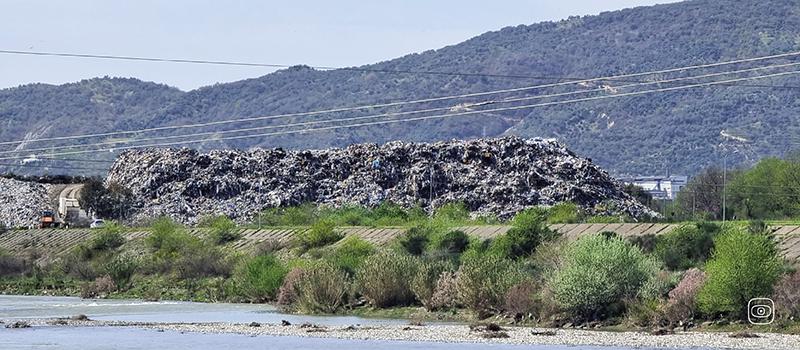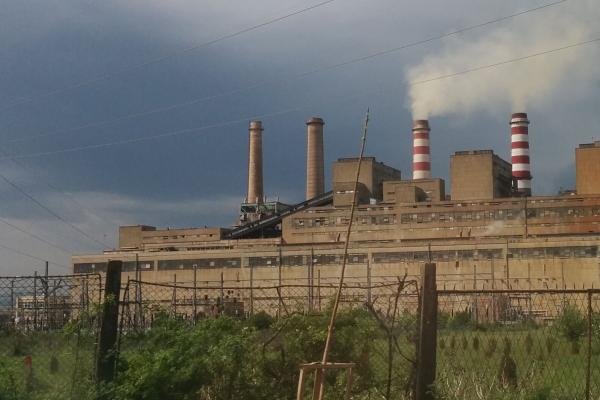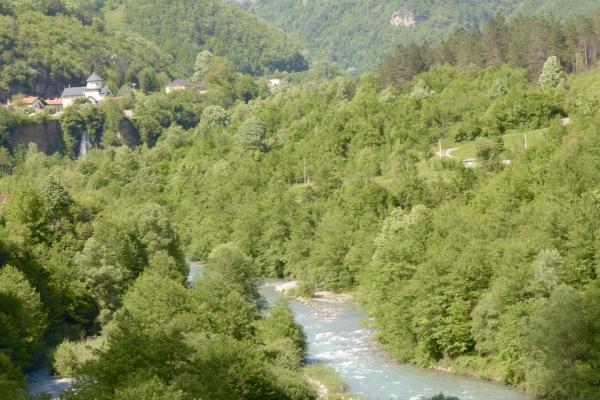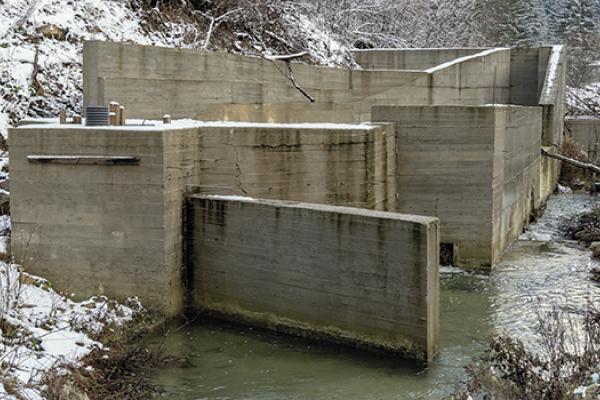Two media organizations from North Macedonia and Albania are investigating separate waste management projects in both countries. The projects are modern waste management systems, one in a rural Macedonian town and the other in a smaller Albanian city. Spread of disinformation around these two facilities has been obstructing the work on both projects.
The teams analyse what are the main narratives that surround the waste management facilities, at what price and what are the consequences. Is there any truth in the claim that the regional landfill in Sveti Nikole "will become the second Chernobyl in the Balkans" and expose the corruption scandals around the waste incinerator in Fieri.
In North Macedonia the ongoing investigation showed that the existing landfills in the country do not satisfy the minimum environmental standards in the EU. Despite that, a project supported by the EU with 40 million euros can't be built since 2009. The local authorities and some of the political parties have stalled even the announcement of a tender for the start of the project.
In Albania, the story revolves around the Elbasan incinerator project, initially hailed as a solution to environmental pollution and a source of green energy. However, six years later, the incinerator remains non-functional despite significant financial investment, leading to a growing environmental crisis with untreated waste piling up near the landfill.
Residents living nearby express concerns about the environmental and health impacts, while authorities face scrutiny over corruption allegations surrounding the project. The situation highlights the challenges of waste management and energy production, with the reality failing to match the initial promises made by the government.
Photo: The landfill near the Elbasan in Albania keeps piling up with waste since the incinerator is not working. Source: Faktoje.al








